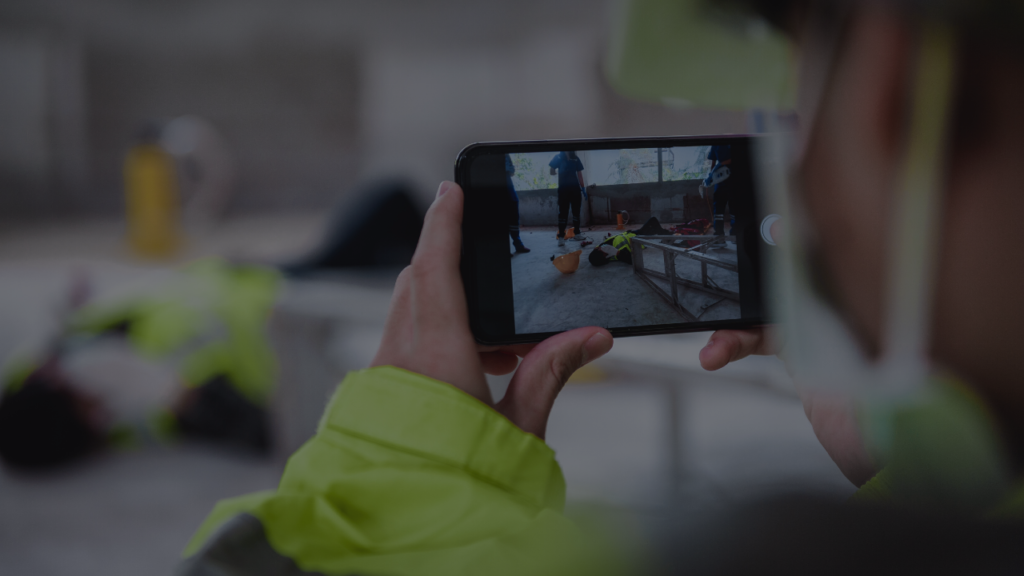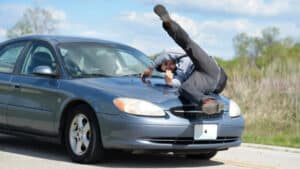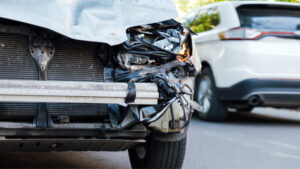Written By: Christopher Dolan and Aimee Kirby
This week’s question comes from Victoria, who asks: My son, who is 24 years old, recently took a job at a manufacturing facility. They have a cleaning crew at night to make sure everything is clean for the next day. My son befriended one of the young female workers of the cleaning crew, as he sees her every day. While his friend was working, she suffered an amputation of her pinky finger on her left hand. My son told me that the company routinely leaves the equipment on so that their workers can start working the minute they hit the yard and don’t have to lose time starting everything up again. My son feels terrible for his friend. and wants to know if she can sue his company despite the worker’s compensation that his friend might get from her cleaning job.
Hi Victoria,
I am sorry your son’s recent work experience. Workplace safety is generally, on a state level in California, overseen and regulated by Cal-Osha. Cal-Osha most likely inspected the yard after this severe accident. Cal-Osha probably sent an inspector out to determine if any workplace safety violations contributed to the incident, loss of her finger. Cal-Osha will then give the company a chance to respond to any proposed violation and issue a citation if they don’t find the explanation voids the citation. An easy way to think of a Cal-Osha violation is to compare it to a ticket issued by the police for violating a safety vehicle code section. These tickets can range thousands of dollars if the violation is serious.
That company’s Workers Compensation policy will cover your son’s friend as an employee of the cleaning crew. Workers Compensation Insurance covers injuries on the job and is considered no-fault insurance. No-fault insurance would mean insurance that covers medical expenses and loss of earnings, past and future, even if your son’s friend was responsible for her injury.
If I understand what you son is asking, it is if, on top of the Worker’s Compensation benefits, anyone at his company can be responsible for their negligent actions regarding leaving on the equipment to save time.
The question seems straightforward, but the law behind it is very complex. In the Seabright vs. US Airways case, the Supreme Court held that contractors that subcontract for work could delegate all duties to maintain a safe work environment of their facility to the subcontractor. Seabright clarified issues that conflicted with the various appellate courts in California regarding this issue. While it doesn’t make much sense that your son’s employer could delegate safety concerns to the cleaning crew that they knew existed and they created, that is essentially the holding in Seabright. The court’s rationale in Seabright was that the subcontractor was in the best place to take measures in their work to make the condition safe. What is remarkable is that often the subcontractor can’t force the contractor to do something. Still, the court indicated that they must not take the job, if the subcontractor can’t make the job site safe and that if an injury happens, the subcontractor always has the Workers Compensation policy of their employer to fall back on.
The “Privette Doctrine” has governed the extent of liability that general contractors and property owners have for worksite injuries suffered by a subcontractor’s employees. In Privette v. Superior Court (1993) 5 Cal.4th 689, the California Supreme Court held that “Generally, when employees of independent contractors are injured in the workplace, they cannot sue the party that hired the contractor to do the work.”
There are some exceptions to the Privette doctrine that was discussed in the Seabright case. One exception is if the subcontractor is, really, an employee of the contractor. Another exception is if the company your son works for maintained control of the premises and deliberately acted to increase the dangers to his friend. Lastly, an exception exists if there was a mandatory duty imposed on the company that the Privette Doctrine cannot eliminate.
Lastly, a theory called Federal Preemption is an even more complicated part of this analysis. It stands for the concept that if there is a law in conflict with any federal law, that federal law will always win over state law. Because of all the twists and turns in this particular law, your son’s friend should speak to an experienced attorney on these issues to see if she can sue your son’s employer for their separate negligence.










